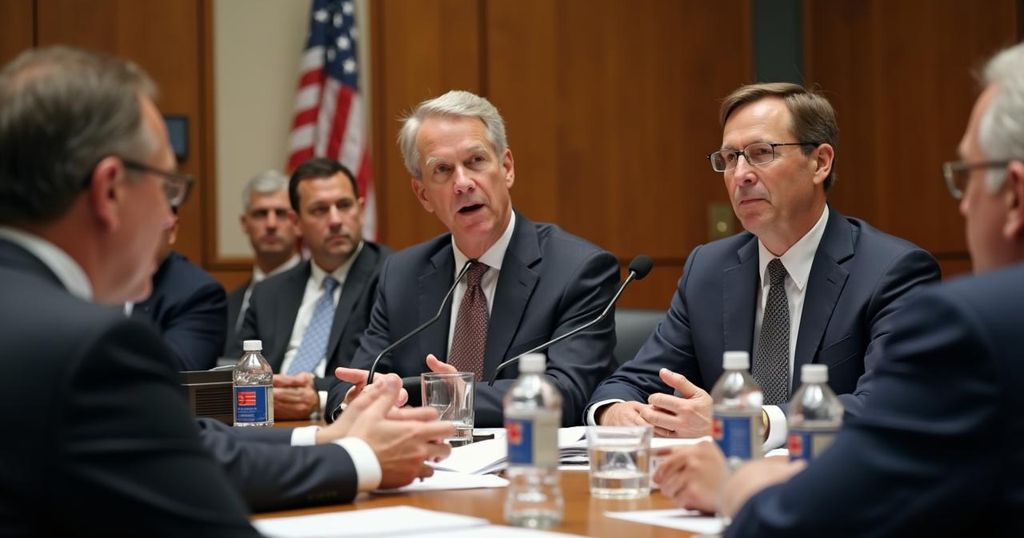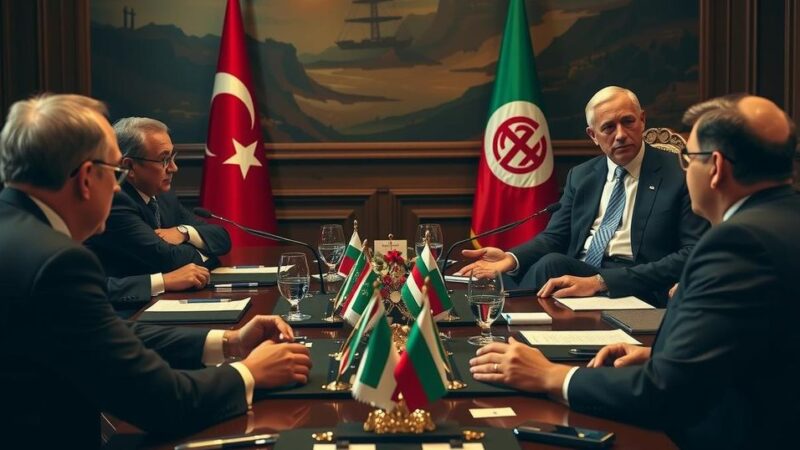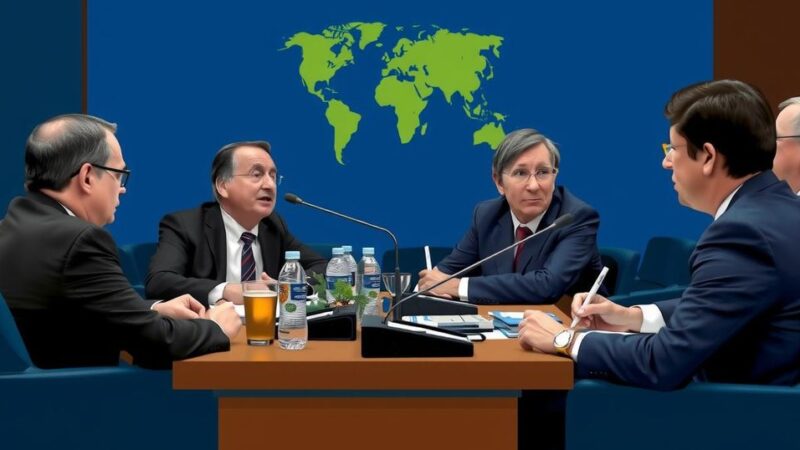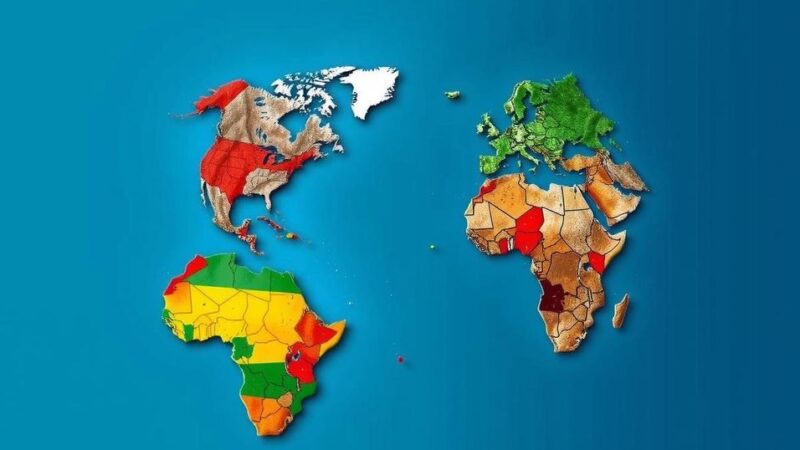Health Minister Dr. Hanan Mohammed Al Kuwari met with tunisia’s Minister of Health Dr. Mustapha Al Ferjani and Djibouti’s Minister of Health Dr. Ahmed Robleh Abdilleh during the WHO Regional Committee for the Eastern Mediterranean. Discussions centered on improving collaboration in the health sector and reviewing key topics from the session.
On the occasion of the 71st session of the World Health Organization (WHO) Regional Committee for the Eastern Mediterranean, the Honorable Minister of Public Health, Dr. Hanan Mohammed Al Kuwari, engaged in separate discussions with her counterparts from Tunisia and Djibouti. Dr. Mustapha Al Ferjani, the Minister of Health for Tunisia, and Dr. Ahmed Robleh Abdilleh, the Minister of Health for Djibouti, were both present in Qatar for the session. These meetings focused on strengthening cooperation between Qatar and the two nations, particularly in the healthcare sector. Furthermore, the discussions incorporated reviews of pertinent topics being raised during the ongoing sessions of the WHO Regional Committee, aiming to foster collaboration that could yield significant advancements in public health initiatives.
The 71st session of the WHO Regional Committee for the Eastern Mediterranean provides a vital platform for health leaders from member states to convene and discuss pressing public health issues. The meetings serve not only as an opportunity to address regional health challenges but also as a crucial space for forging collaborations that can enhance health systems across the Eastern Mediterranean region. By engaging with leaders from Tunisia and Djibouti, Qatar is actively seeking to expand its health partnerships, emphasizing a commitment to collaborative health strategies and shared resources to improve health outcomes.
In conclusion, the meetings held by Minister Dr. Hanan Mohammed Al Kuwari with her Tunisian and Djiboutian counterparts underscore Qatar’s dedication to fostering international cooperation in healthcare. The discussions not only aimed at enhancing bilateral relations between the countries but also addressed the critical public health topics pertinent to the region. Such engagements illuminate the pathway for collective efforts towards improved health systems and responses to the challenges faced by the Eastern Mediterranean countries.
Original Source: thepeninsulaqatar.com






